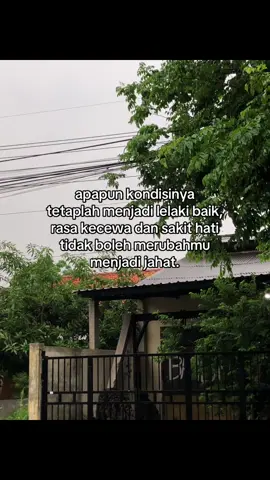Hunna and Lib
Region: US
Monday 09 December 2024 21:16:55 GMT
76897
3003
53
27
Music
Download
Comments
Sharpe Family Singers :
This is adorable!!! So happy you love our new song! 😍🎶🎄🔥
2024-12-10 21:40:51
13
ur_fav262 :
i lovee you guys
2024-12-09 21:55:02
8
Rosaliee Marie :
🥰lovely song
2024-12-09 22:05:33
4
Chad Tanis :
You two are so adorable
2024-12-09 23:09:49
6
nohairbadknees :
So beautiful 🙏❤️
2024-12-09 21:25:43
4
Gloria McDonough :
Such a amazing song 🎵 ☃️🎄it’s all about unconditional love ❤️respect and loyalty❤️🌺☃️🎄
2024-12-09 23:14:57
4
Rivo💛💛 :
so cute ily so much
2024-12-09 21:32:15
6
Maliha slayZ101$$$ :
You guys are so cute together ❤️
2024-12-28 16:23:18
1
To see more videos from user @hunnaxlib, please go to the Tikwm
homepage.

![Asking the dead to make dua to Allah doesn’t nullify any aspect of tawhid. Argue with evidence or don’t. Here’s the proof. 1. The Dead Are Aware and Hear: Ibn al-Qayyim, a well-respected scholar, explains: “The ahadith and traditions indicate that the visited dead know those who visit them, hear their salam, and find solace in their company.” (Sharh al-Muntaha by Imam al-Buhuti). This indicates that the dead have some level of awareness and can hear those who visit them. It is not a violation of tawhid, as the request for dua remains directed to Allah alone, not to the dead. 2. The Dead Know Good and Bad Actions Near Them: Imam Ahmad said: “The dead are aware of what is done in their proximity. They are pleased with the good (such as Qur’an recitations and dhikr) and distressed by bad done near them.” (Abdul Qadir Jilani in Ghunya). This means that the dead are conscious of the positive and negative activities happening around them, including actions like prayer and supplication (dua), whether from the living or others. This is an important distinction that shows the ability of the dead to be involved in these actions without them being a substitute for worshipping Allah directly. 3. Forgiveness Through Visiting Graves: There is an authentic narration from Aisha (RA) via Abu Bakr that the Prophet ﷺ said: “Whoever visits the grave of his parents, or one of them, every Friday and recites [Surah] Yasin, Allah forgives them.” This narration is found in Fadail al-Qur’an by Abu al-Shaykh and is mentioned by Imam al-Buhuti in Sharh al-Muntaha. This act of reciting Surah Yasin at the graves of the deceased is seen as an act of devotion that brings forgiveness from Allah. It’s an action of dua being offered for the dead, which is not seen as a violation of tawhid, but rather a way to seek Allah’s mercy for them. 4. The Dead Know Their Visitors, Especially on Fridays: It’s further explained that the dead are aware of their visitors, especially on Fridays: “The dead know those who visit them, particularly before sunrise on Fridays. This was stated by our Imam Ahmad. Abdul Qadir Jilani mentions in his ghunya that the dead are aware of those who visit them at all times, but it’s more emphasized on Fridays.” This narration reinforces that the dead can be aware of those who visit and supplicate for them. When a person asks the dead for dua, it’s no different than asking a living person to pray for you — the action remains directed towards Allah, who is the ultimate source of all blessings and mercy. Conclusion: The key point here is that asking the dead to make dua to Allah does not undermine or violate the fundamental principle of tawhid, therefor it isnt shirk al akbar.](/video/cover/7448253085358542102.webp)



